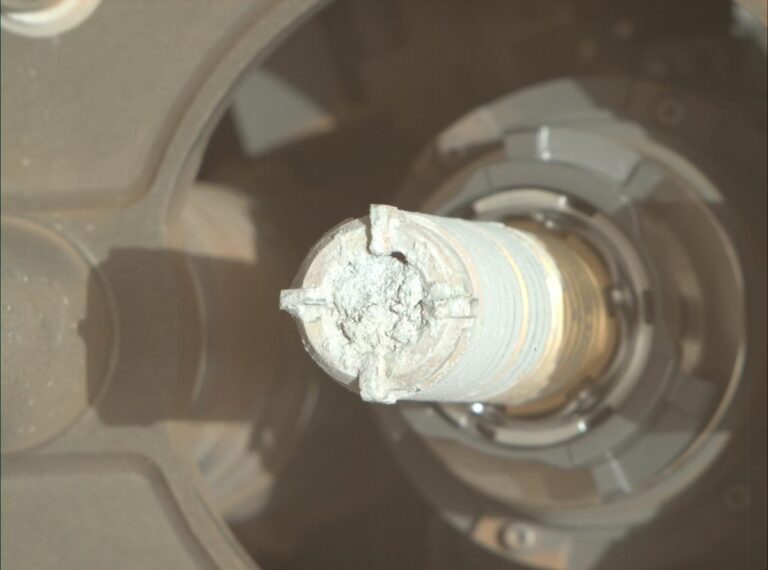Warren Buffett’s Berkshire Hathaway has further reduced its position in Bank of America, continuing a series of recent sales. A regulatory filing revealed that Berkshire sold nearly 8.7 million shares for approximately $370 million on October 15, marking the latest step in its gradual divestment from the U.S. banking giant.
A Steady Sell-Off
This sale follows another significant transaction last week, when Berkshire offloaded 9.5 million shares worth $382.4 million. As a result, its ownership in Bank of America has fallen below the 10% threshold, an important marker that could limit regulatory scrutiny for large shareholders.
The sell-off began in mid-July, with Berkshire parting with around 33.9 million shares valued at approximately $1.48 billion. Since then, the company has netted more than $10 billion from its Bank of America stock sales, a move that analysts suggest aligns with Buffett’s evolving investment strategy.
A Decade-Long Investment
Buffett, widely regarded as one of the greatest investors of all time, first invested in Bank of America in 2011. At the time, Berkshire acquired $5 billion worth of preferred stock in a deal that included warrants to purchase 700 million shares at a favorable price. The investment came at a critical juncture for the bank, which was struggling with the aftermath of the financial crisis.
Over the years, Berkshire’s stake became a cornerstone of its financial sector holdings, and Buffett often expressed confidence in the bank’s leadership under CEO Brian Moynihan.
Strategic Reasons for the Sale
Although the recent sales may raise questions, experts believe the move is likely a part of Berkshire’s routine portfolio adjustments. With a stake below 10%, Berkshire can avoid certain regulatory filings and potential restrictions on further buying or selling. Additionally, shifting economic conditions or changes in Berkshire’s broader strategy may have prompted the sell-off.
Buffett is known for his long-term approach to investing, but the gradual reduction in Bank of America shares may indicate Berkshire’s focus on reallocating capital towards other opportunities. Berkshire has a history of optimizing its portfolio by reducing exposure to certain industries while doubling down on others, depending on market trends and economic forecasts.
While Berkshire Hathaway’s decision to trim its stake in Bank of America reflects a strategic shift, it underscores Buffett’s ability to adapt his portfolio to changing circumstances. As one of his hallmark investments over the past decade, Bank of America has played a pivotal role in Berkshire’s financial strategy. However, with these recent sales, the “Oracle of Omaha” appears to be pursuing new directions while maintaining flexibility in his investment approach.
Investors will continue to monitor future filings for insights into Berkshire’s evolving strategy and whether the divestment signals larger changes in its exposure to the financial sector.

















+ There are no comments
Add yours